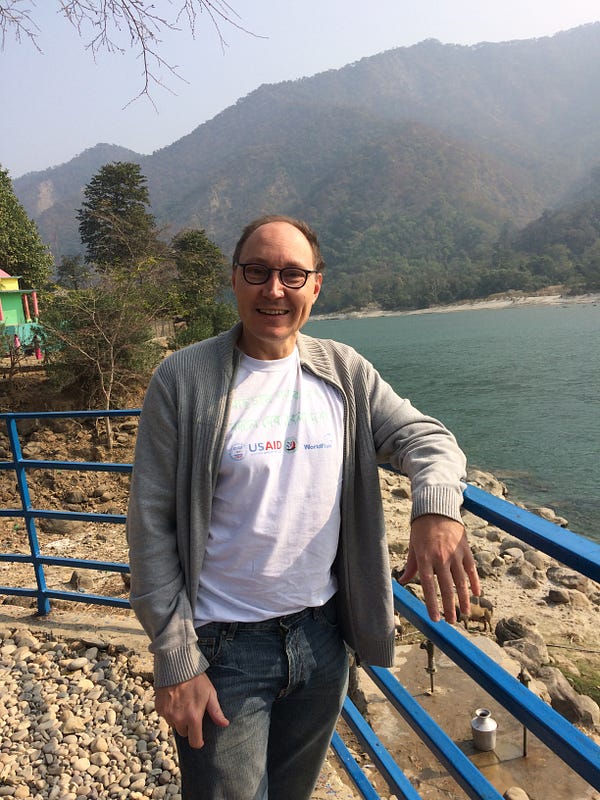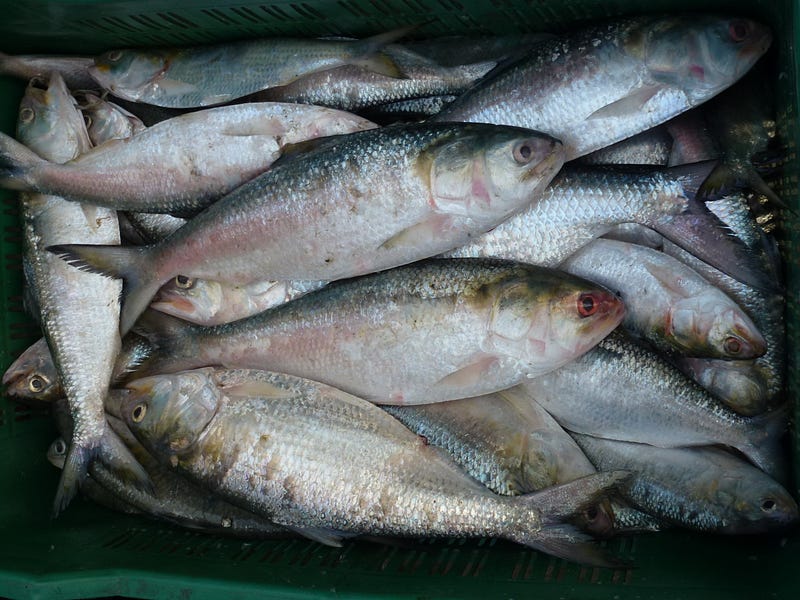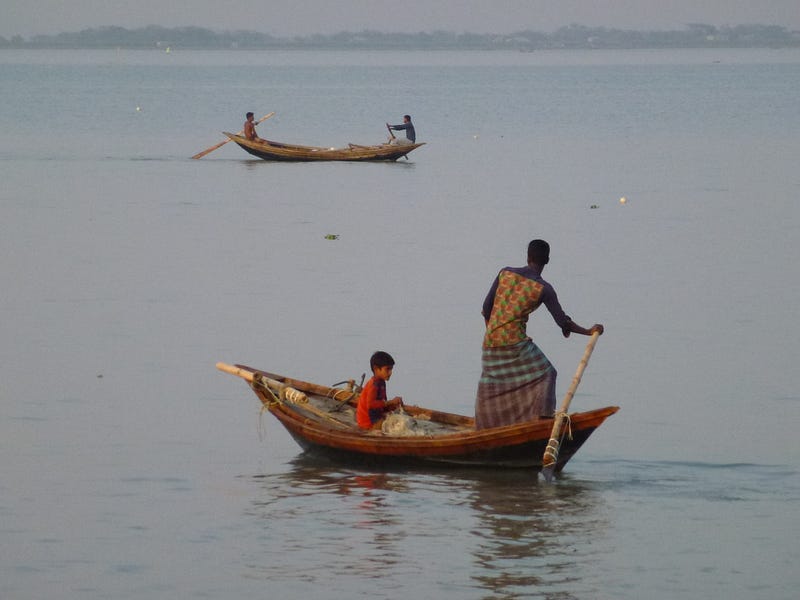By Pilar Lagos
Originally published on the PAGE website.
Mr. Martin van Brakel currently works at the WorldFish Bangladesh & South Asia office as a Fisheries Scientist. He is leading the efforts to improve livelihoods of communities that rely on the hilsa shad (ilish fish) for the Enhanced Coastal Fisheries in Bangladesh (ECOFISH) project. Occasionally, he works as a consultant to assess aquatic resource-based livelihoods practices and ecotourism development, including recreational fisheries in other countries in the South Asia region.

During the weeks of 8 September to 10 November 2017, the Partnership for Action on Green Economy (PAGE) delivered an e-learning course on green fiscal reform to meet the learning needs and build capacities of national stakeholders.
The interactive and practice-oriented course provided participants from government, business, civil society and academia with an introduction to various approaches and policy instruments for reforming government spending and revenue generation with the goal of supporting the transition to a green economy. Mr. van Brakel participated in the course and shares with us his experience:
“I decided to take the e-course because I realized the huge potential of green fiscal reform to influence country policies towards more sustainable natural resource management practices. It turned out to be a ‘game changer’ in my way of thinking about sustainable development.”
For Mr. van Brakel, the course offers a very accessible yet in-depth and interactive learning experience with a huge scope for practical use in the design and formulation of green fiscal policies.
“I developed my case study around the hilsa shad fishery in Bangladesh, which provides a livelihood to almost half million full-time fishers, and indirectly to another 2.5 million people. The fishery contributes more than 10 percent of the country’s total fish production and 1 percent to the total GDP of the country.”
Mr. van Brakel explains that the “decline in yields of this fishery prompted the government of Bangladesh to launch a management action plan that is akin to payment for environmental services.” However, the policy has done little to improve the life of hilsa fishers sustainably, while costing the nation considerable public resources each year. “My case study offers recommendations for a trust fund that sustainably finances an economic incentive mechanism for responsible exploitation of this fishery, while not posing a drain on scarce public resources.”

He strongly encourages others to take the PAGE e-course on Green Fiscal Reform.
“The interactive way in which the e-course is implemented offered me a fantastic opportunity to receive grounded feedback on my case study, both from the highly experienced course facilitators and from my peers taking the course. It was also an enriching experience to learn from other examples of green fiscal reform all over the world, in ‘real time’…“While donors nowadays emphasize on sustainable development, the finance of such development is becoming scarcer and scarcer. For this reason, governments will need to shift away from traditional external donor funding and move towards more sustainable finance mechanisms that can be allocated and managed in-country.”

This course provided Mr. van Brakel with valuable insights about how to develop and implement fiscal mechanisms in a sustainable manner. “I recommend this course to anyone who deals with designing and financing sustainable development, be it as a government employee, natural resource manager or fiscal advisor,” he concludes.
To read more about Mr. van Brakel’s work, click on the following links to some of the projects’ highlights:
- Reimagining large-scale open-water fisheries governance through adaptive co-management in hilsa shad sanctuaries
- Conserving hilsa and building livelihoods in Bangladesh.
About PAGE
The Partnership for Action on Green Economy (PAGE) brings together the expertise of five UN agencies — UN Environment, International Labour Organization, UN Development Programme, UN Industrial Development Organization, and UN Institute for Training and Research. It supports nations and regions in reframing economic policies and practices around sustainability to foster economic growth, create income and jobs, reduce poverty and inequality, and strengthen the ecological foundations of their economies

